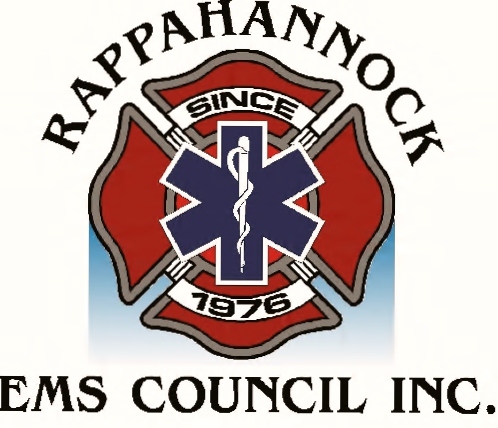From CoAEMSP:
| FAQs Document Released Based on April 5, 2020 Statement Regarding COVID-19 (Coronavirus) |
| The newly-released FAQs document provides additional guidance on options to programs. The Committee on Accreditation of Educational Programs for the Emergency Medical Services Professions (CoAEMSP) understands that institutions, program directors, medical directors, faculty, and State Offices of EMS are working diligently to find ways to continue the education of students during this extraordinary time. The CoAEMSP continues to find alternative pathways to assure excellence in education while maintaining compliance with the CAAHEP Standards. Effective April 5, 2020, Paramedic educational programs may employ a broader array of approaches, including simulation, in determining competency in didactic, laboratory, clinical, field experience, and capstone field internship. GET THE FAQS DOCUMENT HERE Note: Programs should align with local, state, or federal directives during the public health emergency. The following guidelines are intended to get current students through the end of the program, not to substitute for newly started or starting classes - unless local hiring demands require new programs immediately. Use sound judgement to protect the safety of faculty, students and their families. Programs should weigh the needs of graduates immediately, versus the safety of waiting another month or two to return to a program in much better shape to achieve the mission of graduating entry level competent Paramedics. Webinar "COVID-19: A Conversation With CoAEMSP Leadership" Tuesday, April 14, 1pm Central Register here Thursday, April 16, 5pm Central Register here The CoAEMSP is offering two opportunities for programs and state offices of EMS to participate in conversation with leadership about the latest statement, and the recently released FAQs. Dr. George Hatch, Executive Director of the CoAEMSP, and several board members will facilitate the conversation. The webinar is complimentary. Registration is limited to 500 connections. Do you have a question you would like answered during the webinar? You are encouraged to submit it in advance to jennifer@coaemsp.org. Tools Developed to Support Programs During COVID-19 The CoAEMSP has developed a few tools to assist programs with the interruption created by COVID-19. These tools are optional and are being offered as resources to programs. Program Policy. A sample policy that a program may use to develop its own policy on handling exceptions due to the COVID-19 interruption. Get the Program Policy tool here. Student Education Interruption Status Form. The COVID-19 pandemic has necessitated changes in the scheduling and operation of the Paramedic educational program. Requirements by state regulatory and health authorities, as well as the hospitals and EMS agencies who provide clinical and field internship experiences have resulted in modifications of content delivery, scheduling, student progression through the Program, and the availability of hospital clinical rotations and capstone field internships. All of these factors impact student achievement of the competencies required for program completion. This form serves to document interruption in the education process. On resumption of normal operation, as permitted by the state regulatory and health authorities, student educational activities will resume. Students will be informed of the revised anticipated completion dates and requirements at that time. Get the Student Education Interruption Status Form tool here. Action Plan for Extended Program Interruption. Action plans are an essential part of risk management, assisting programs in planning for disruptive events, and ensuring that programs are prepared if and when such events should occur. Developing an action plan involves making decisions in advance about the management of a Paramedic educational program, the human and financial resources, coordination and communications procedures, and being aware of a range of technical and logistical responses. For many programs, an emergency preparedness plan may not have addressed an interruption like COVID-19, forcing programs to develop an action plan as the crisis is happening. This tool includes components for consideration when a Paramedic educational program is developing its action plan due to the interruption of COVID-19. The intention of this document is to provide the program a starting point for conversation and planning with their faculty. Get the Action Plan for Extended Program Interruption tool here. Visit Our Website |


